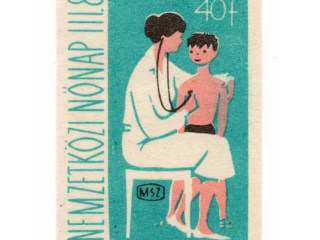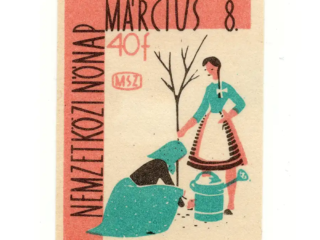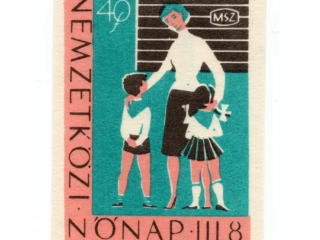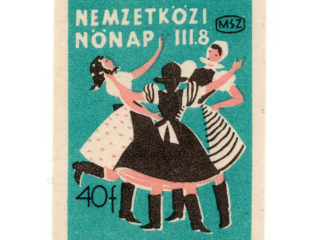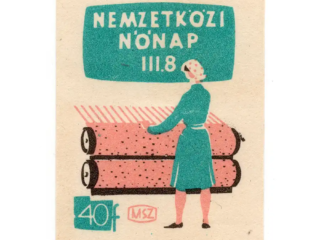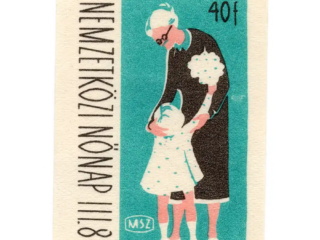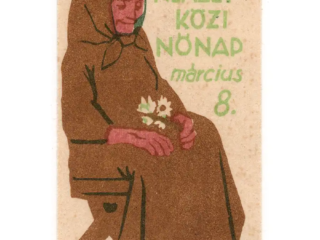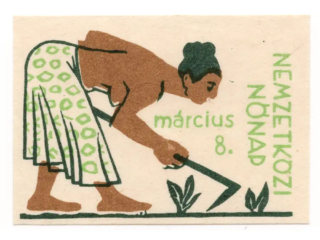Refine the gallery view by selecting the tag below:
During Hungary’s Soviet era, several significant days marked the nation’s calendar, reflecting political and cultural milestones. March 8th, International Women’s Day, celebrated gender equality and was a prominent Soviet-era holiday. May 1st, Labor Day, became a grand spectacle of parades and festivities honoring workers’ contributions.
Miner’s Day highlighted the importance of industrial labor, with special recognition for miners, a cornerstone of Hungary’s socialist economy. November 7th, the anniversary of the Russian October Revolution, symbolized Hungary’s alignment with Soviet ideology.
Events like the 1918 Aster Revolution and Edreszbal, which reflected societal shifts, are critical to understanding Hungary’s historical journey. Election Day during the era was marked by state-controlled processes, emphasizing the dominant role of the Hungarian Socialist Workers’ Party.
These days serve as reminders of Hungary’s complex history during Soviet influence, shaping its cultural and political identity.
